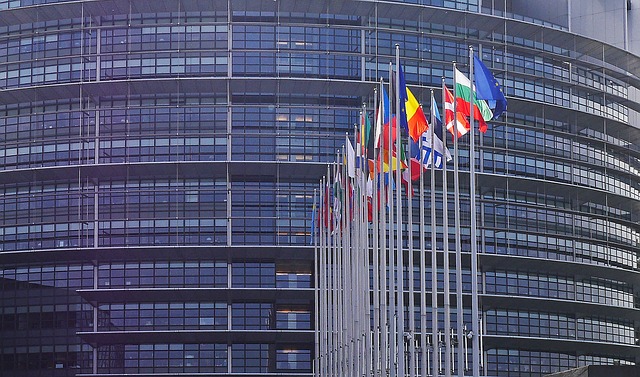The European Union is going to strengthen the rules to combat fraud and counterfeiting of non-cash means of payment.
The current rules on criminalisation of non-cash payment fraud, which dates back to 2001, do not adequately meet the new challenges brought about by technological developments, such as the growing use of mobile payments or cryptocurrencies.
Having identified this gap, President of the European Commission (EC) Jean-Claude Juncker proposed to update the existing rules in his 2017 State of the Union Address in September. According to an official release dated December 11:
“The European Parliament and the Council reached political agreement on the Commission's proposal to strengthen rules to combat fraud and counterfeiting of non-cash means of payment – such as bank cards, cheques, mobile payments and virtual currencies.”
The new rules will help EU member states to crack down on cyber-criminals while better assisting victims of online payment fraud.
With the new rules, non-cash transactions carried out with any kind of payment instrument, whether physical such as bank cards, or virtual such as mobile payments, will now be included in the scope of offences. In addition, stealing and misappropriation of payment credentials, as well as the further sale and distribution of those credentials will also be criminalized.
Furthermore, victims of non-cash fraud will have better access to information, advice and support to limit the consequences of identity theft.
“We are building a safer Europe for our citizens – offline as well as online, and today we deliver on this commitment. These new rules will help us crack down on those who steal from our citizens through online fraud, and ensure that our citizens are better protected,” Commissioner for Home Affairs, Migration and Citizenship Dimitris Avramopoulos said.
The Directive will now have to be formally adopted by the European Parliament and the Council. Once it enters into force, member states will have to transpose the rules into national legislation within two years.

























Comment 1